Accra, Selikem Norfegali – The Ghana Catholic Bishops’ Conference has expressed concern over the tensions emanating from the suspension of the Chief Justice, Justice Gertrude Torkornoo, warning that it could set a dangerous precedent with far-reaching consequences for the nation’s democracy.
In a statement issued on Tuesday, July 22, 2025, the Bishops described the development as “a matter of profound national significance,” stressing that it must be handled with “constitutional principles, absolute procedural fairness, and a clear respect for the doctrine of the separation of powers.”
They cautioned that “any precedent that appears to place the judiciary at the mercy of the executive risks irreparably eroding public trust in the very institution citizens rely upon for justice.”
The Bishops underscored the importance of judicial independence, stating that “a healthy, functioning democracy equally demands an independent, credible judiciary, free from political interference.”
Touching on the moral and civic implications, they reminded the nation that “justice is the indispensable cornerstone of national cohesion; without it, grievances fester and violence finds fertile ground.”
While recognising the role of due process, the Bishops urged all actors to “act with the utmost conscientiousness, safeguarding both the inviolable rule of law and the dignity of the judiciary.”
The Conference also welcomed the recent National Day of Prayer and Thanksgiving led by the President, describing it as “a welcome moment for spiritual and civic reflection.”
They expressed hope that it would inspire “a deeper, sustained national commitment to unity, reconciliation, and lasting peace.”
In April 2025, President John Dramani Mahama suspended the Chief Justice, Justice Gertrude Sackey Torkornoo, after determining that three petitions seeking her removal establish a prima facie case to warrant a probe.
Following the suspension of Justice Torkornoo, Justice Paul Baffoe-Bonnie, the most senior Justice of the Supreme Court, stepped in as acting Chief Justice.
The suspension of the Chief Justice by President Mahama, the first in the country’s governance system, followed the determination of the prima facie case by the President, in consultation with the Council of State, and the subsequent establishment of a five-member committee to inquire into the petitions, in accordance with Article 146 (6) of the 1992 Constitution.
Article 146(10) of the Constitution allows the President, acting in accordance with the advice of the Council of State, to suspend the Chief Justice when a committee is established to probe the petitions seeking the removal of the Chief Justice.




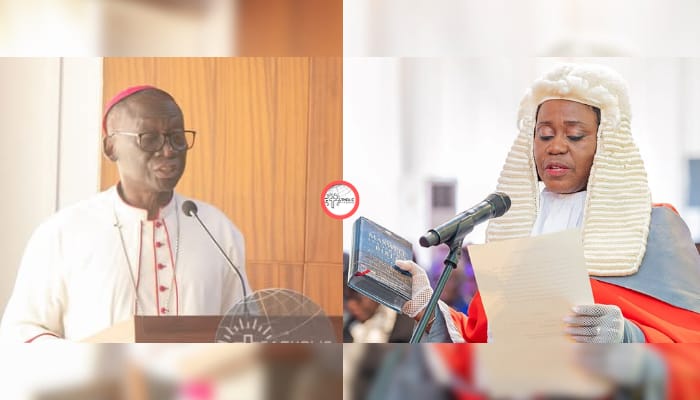
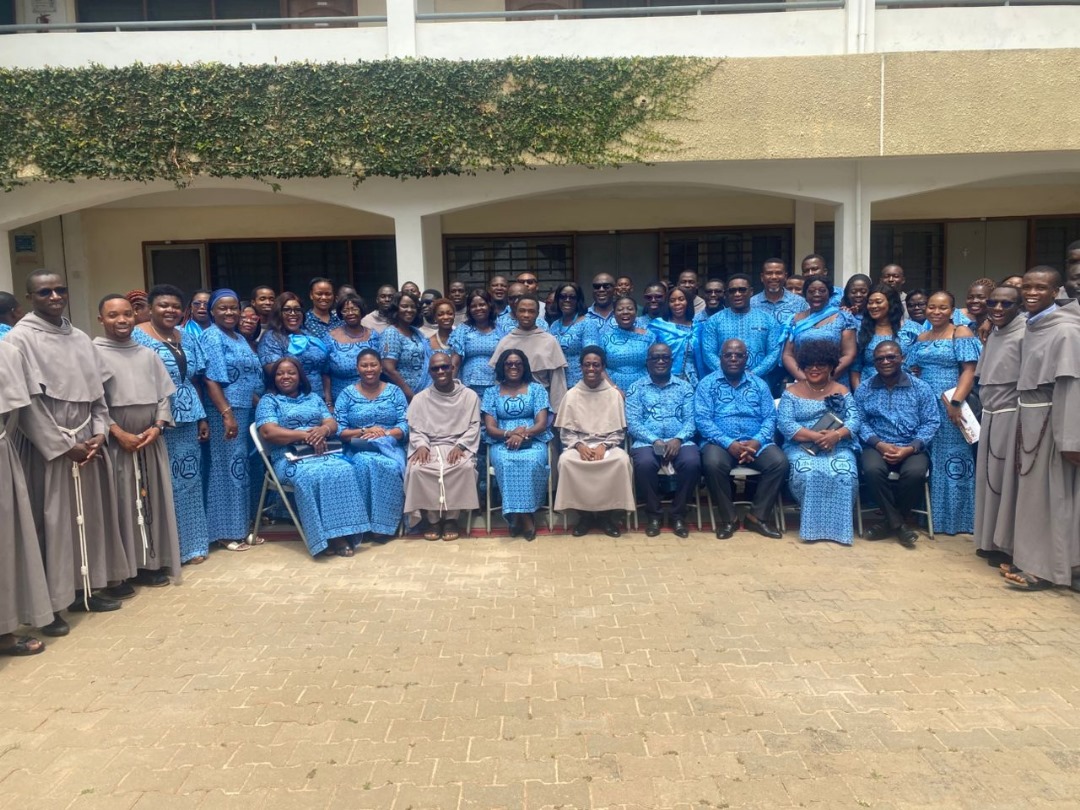
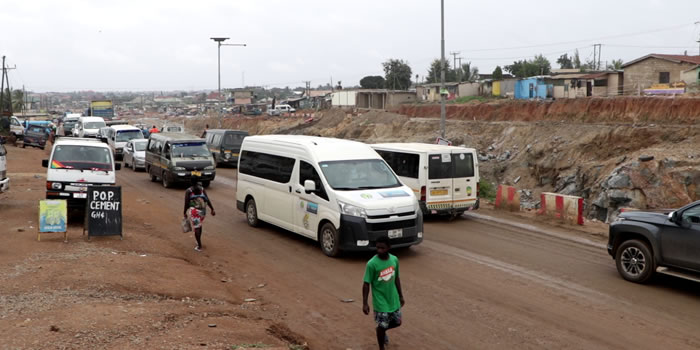
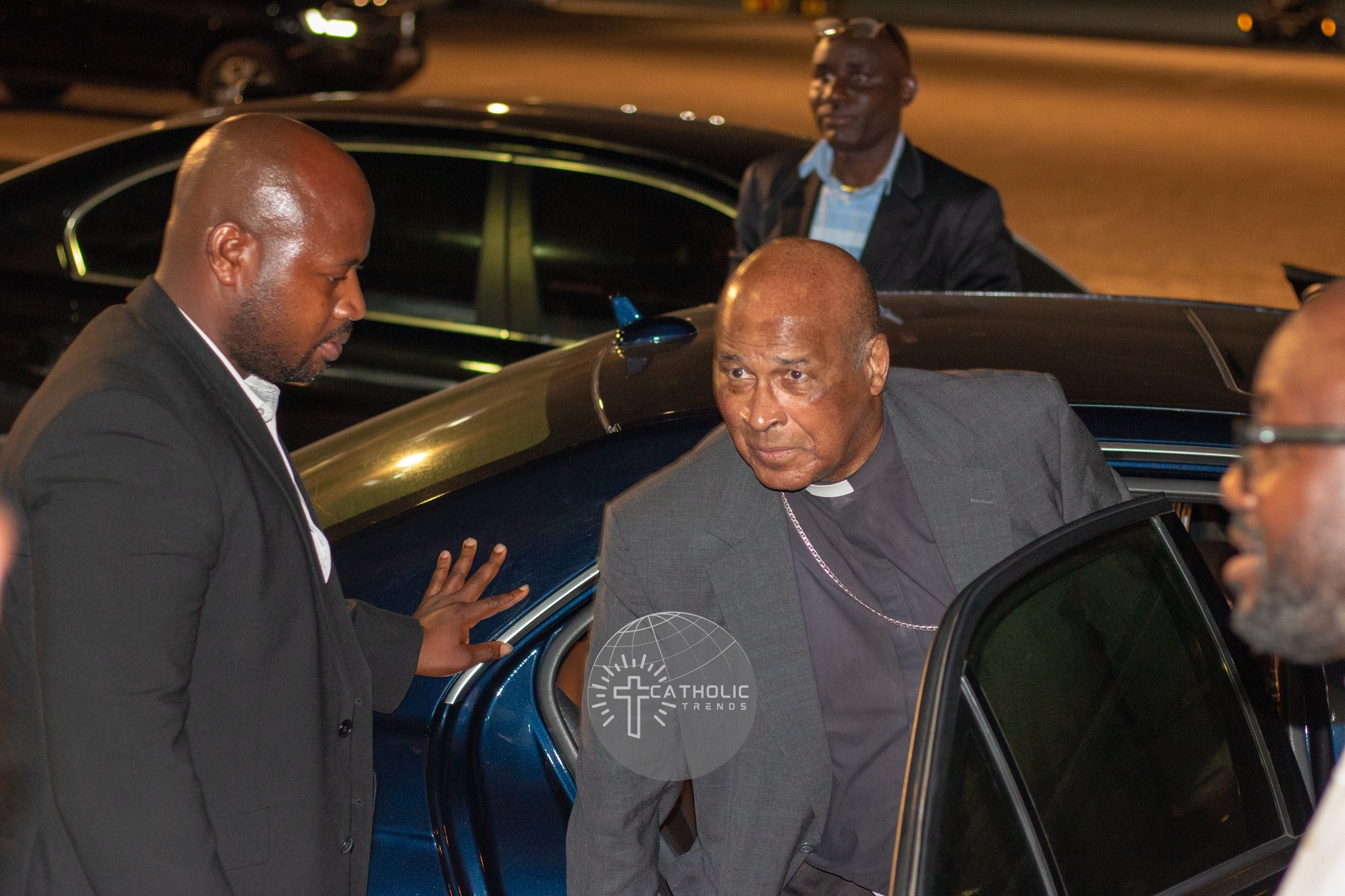
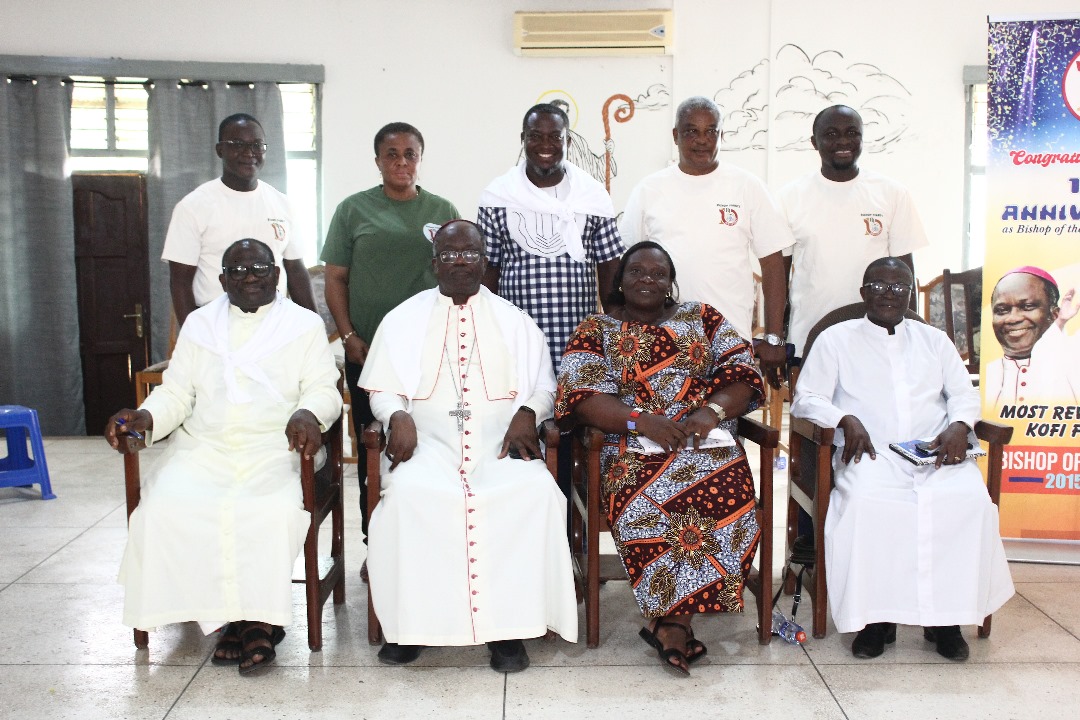

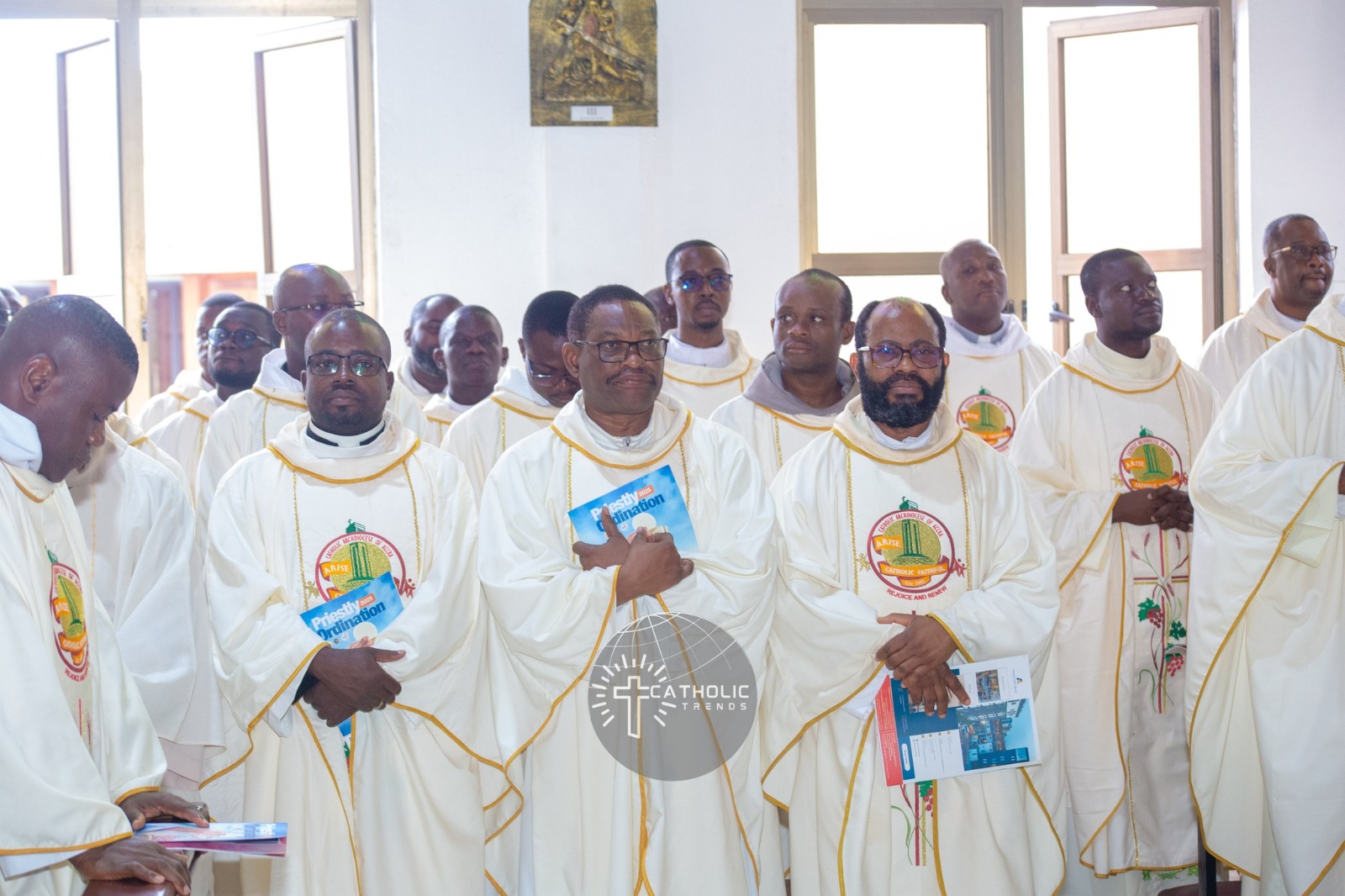

![[Article] Beginning Holy Matrimony without the bride and, or the groom? – Part 1](https://catholic-trends.com/wp-content/uploads/2025/05/4.jpg)


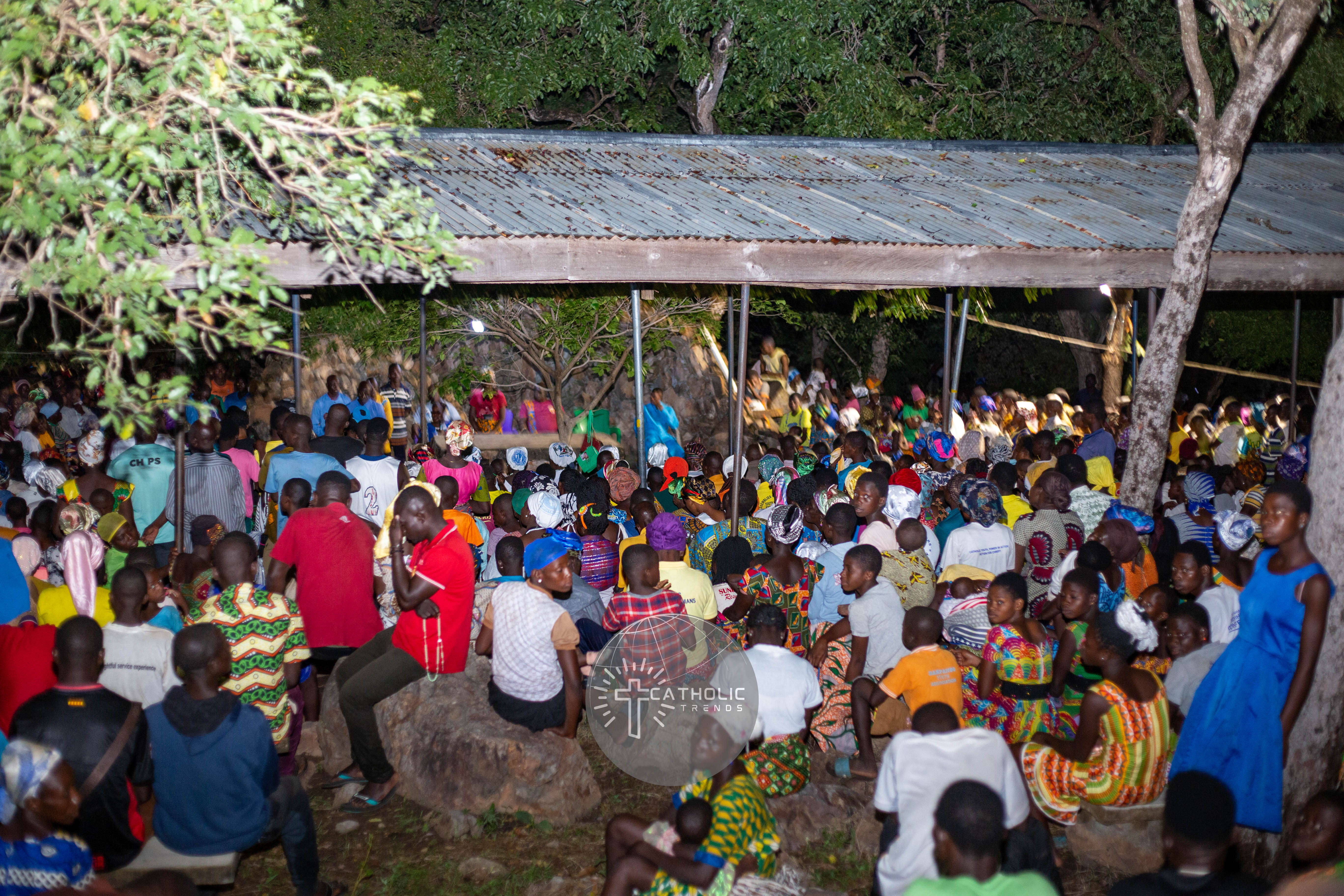
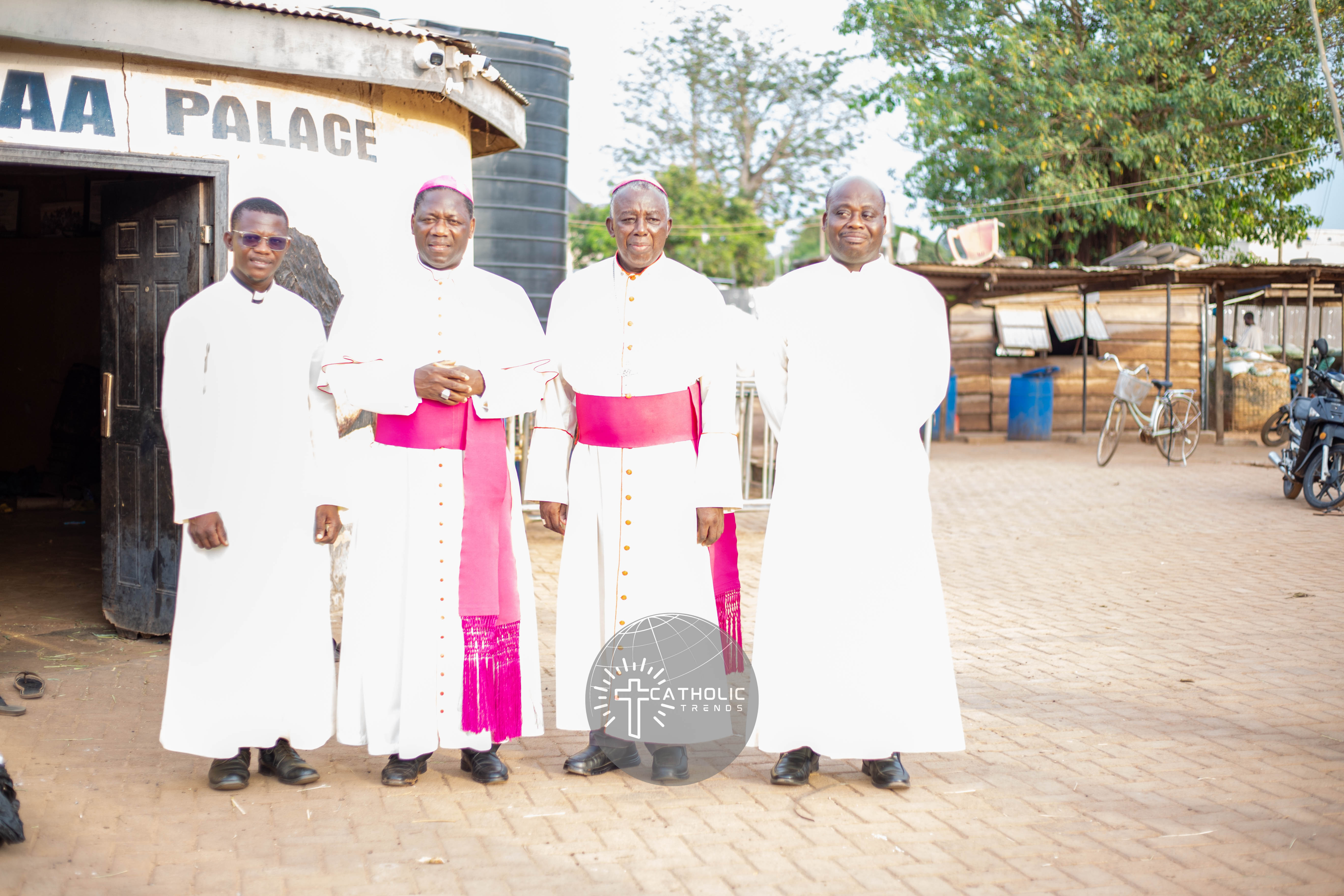

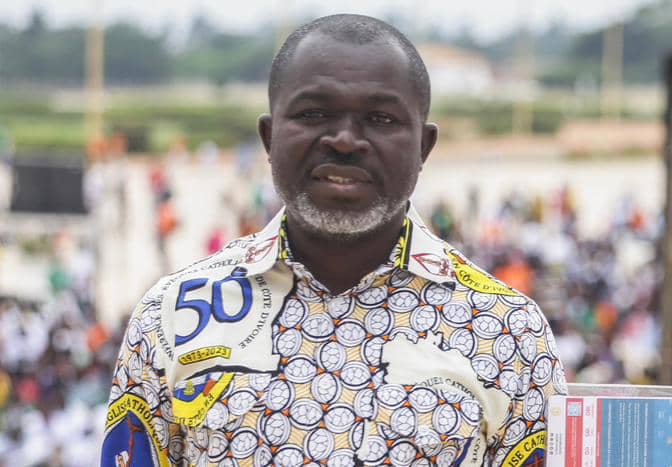

Discussion about this post